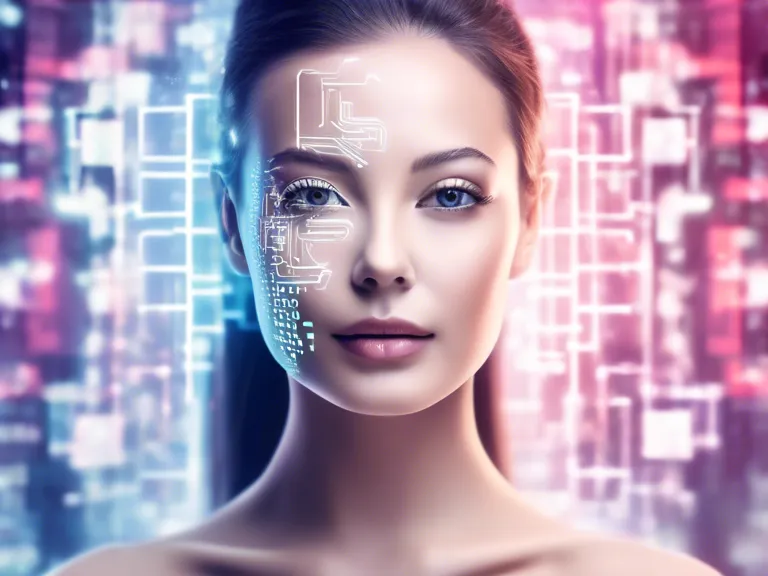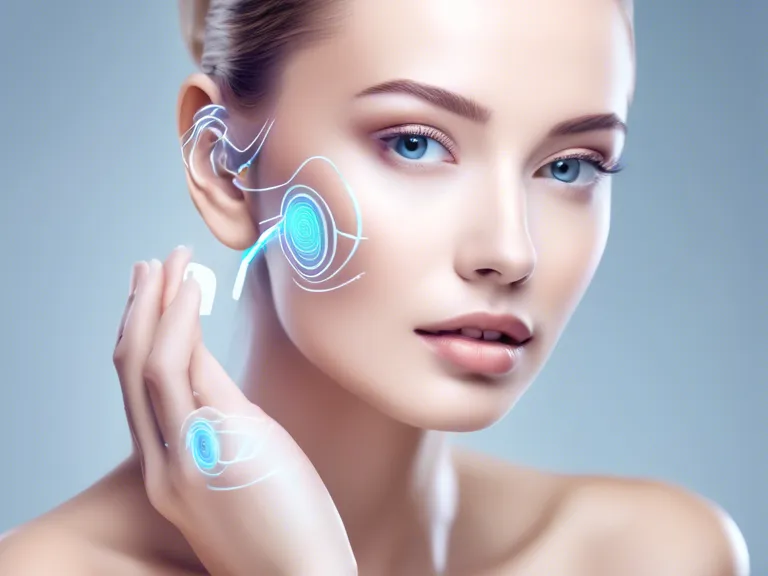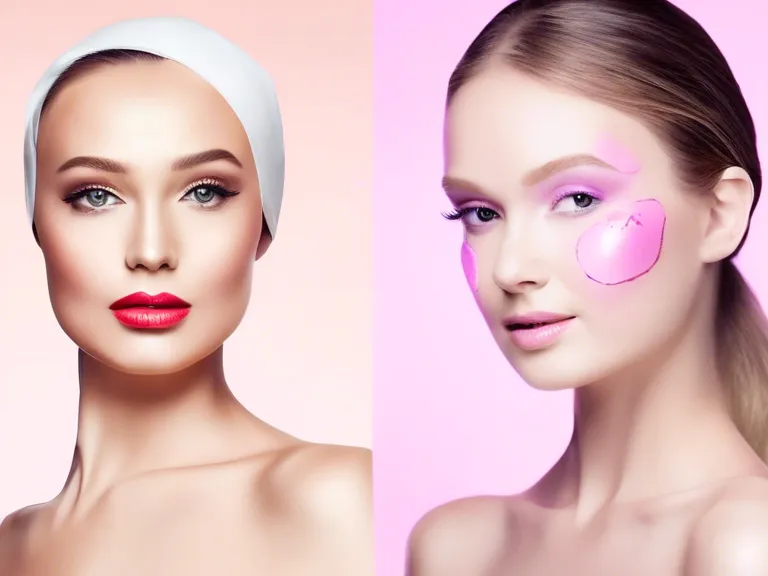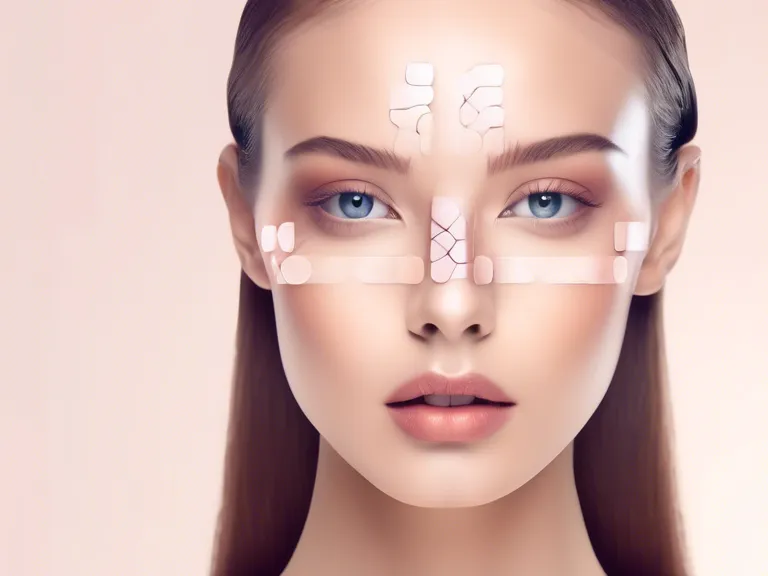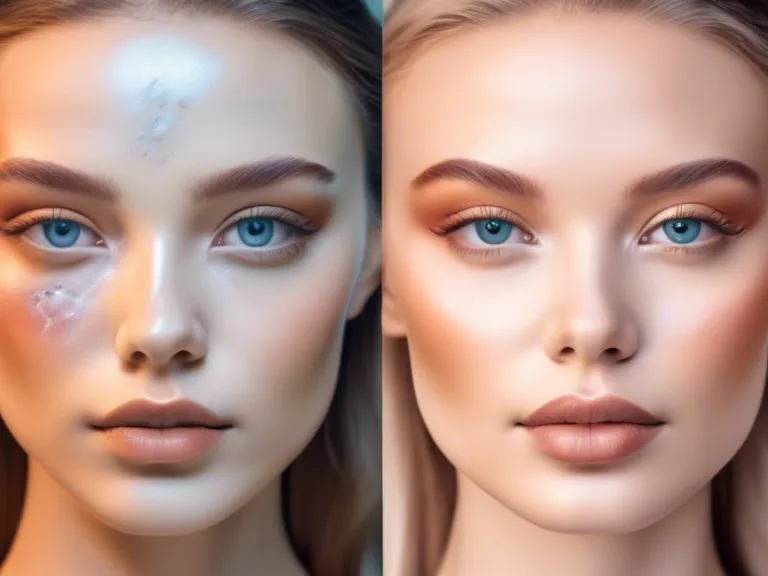
Artificial intelligence technology has revolutionized the beauty industry with the introduction of beauty filters in various applications. However, the ethical dilemma arises when these filters blur the line between reality and fantasy. It is crucial to navigate this fine line responsibly to avoid detrimental effects on self-esteem and body image perception.
One of the primary concerns surrounding AI beauty filters is the perpetuation of unrealistic beauty standards. These filters often digitally alter facial features, skin tone, and body proportions to conform to society's narrow definition of beauty. As a result, individuals may develop distorted perceptions of their own appearances, leading to low self-esteem and body dysmorphia.
Moreover, the use of beauty filters can contribute to the commodification of beauty and the objectification of individuals. By promoting an idealized and unattainable version of beauty, these filters reinforce the idea that physical appearance is the most important aspect of a person's worth. This can have damaging effects on individuals' mental health and well-being, as they constantly strive to meet unrealistic standards.
Another ethical issue with AI beauty filters is their potential to perpetuate racial and gender biases. Many filters are designed based on Eurocentric beauty standards, which can further marginalize individuals who do not fit into these narrow categories. Additionally, some filters may reinforce harmful gender stereotypes by promoting specific ideals of masculinity and femininity.
To navigate the fine line between reality and fantasy in AI beauty filters, it is essential for developers, designers, and users to prioritize ethical considerations. Developers should strive to create filters that celebrate diversity and inclusivity, rather than promoting homogenized beauty ideals. Designers should be transparent about the use of filters and clearly label them as digital enhancements rather than representations of reality. Users should also be mindful of the potential impact of beauty filters on their self-perception and seek to cultivate a healthy relationship with their appearance.
In conclusion, the ethics of AI beauty filters require careful consideration and responsible usage. By navigating the fine line between reality and fantasy, we can ensure that these filters promote self-expression and creativity without perpetuating harmful beauty standards.
